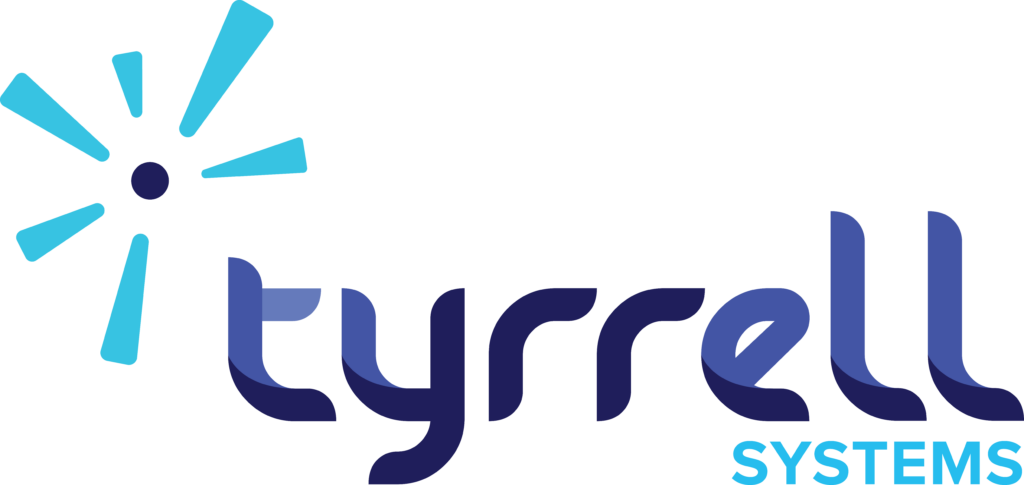In an article from May 2019 in Connected Real Estate Magazine, the author highlights that “improving occupant health was among the highest-rated social reasons for the adoption of green technology.”
Furthermore, nearly 78% of respondents to a World Green Building Trends Smart Market Report selected improved health and well-being as a top reason for building green. This underscores the importance of transforming building operations to prioritise the safety and well-being of tenants, which is a key consideration in sustainable building practices.
In the pursuit of a sustainable future, the construction and retrofitting of buildings to achieve net zero energy status is paramount. Master Systems Integrators (MSIs) play a crucial role in this transformation by ensuring that various building systems work together seamlessly to optimise energy efficiency, reduce carbon emissions, and enhance overall sustainability.
This article explores the role of MSIs in new construction projects and the unique challenges and solutions they provide in retrofitting existing buildings.
MSIs in New Construction Projects
In new construction projects, MSIs are integral from the initial design phase through to implementation and beyond. Their expertise ensures that buildings are designed with sustainability at the forefront, integrating advanced technologies and systems that work in harmony to achieve net zero goals.
System Design and Architecture: MSIs collaborate with architects, engineers, and contractors to develop a comprehensive system design that incorporates energy-efficient HVAC systems, intelligent lighting, renewable energy sources, and advanced building automation systems (BAS). This holistic approach ensures that all components are optimised for maximum efficiency and minimal environmental impact.
Integration of Renewable Energy: New buildings benefit significantly from the integration of renewable energy sources such as solar panels, wind turbines, and geothermal systems. MSIs ensure these systems are seamlessly integrated with the building’s energy management system (EMS), enabling real-time monitoring and optimisation of energy usage.
Smart Building Technologies: MSIs implement cutting-edge technologies such as IoT sensors, smart meters, and advanced BAS to create a responsive and adaptive building environment.
Sustainability Certifications: Achieving certifications like LEED, BREEAM or SmartScore AP is often a goal for new constructions aiming for net zero status. MSIs follow these standards by ensuring that all integrated systems comply with the stringent requirements of these certifications, further validating the building’s sustainability credentials.
MSIs in Retrofit Projects
Retrofitting existing buildings to meet net-zero standards presents unique challenges but also offers substantial opportunities for improving sustainability in the built environment. Contrary to popular belief, over 70% of the UK’s current building stock will still be in use by 2050, highlighting the critical need for effective retrofit strategies.
MSIs educate stakeholders about the long-term benefits and necessity of retrofitting to ensure buildings remain viable and sustainable in the future.
Minimising Disruption: One of the primary concerns for organisations considering retrofitting is the fear of disruption, with 31% of businesses citing this as a major concern.
MSIs mitigate this by meticulously planning and coordinating retrofit activities to minimise downtime and operational interruptions. This involves phased implementations, night-time work schedules, and leveraging modular systems that can be quickly installed.
Bandwidth and Expertise: A significant number of organisations (29%) lack the bandwidth to manage complex retrofit projects. MSIs provide the necessary expertise and project management skills, overseeing the entire retrofit process from initial assessment to final commissioning.
Making the Business Case: Convincing stakeholders to invest in retrofitting can be challenging, with 25% of organisations unsure how to make a compelling business case.
MSIs support this process by providing detailed cost-benefit analyses, highlighting the long-term savings in energy costs, improvements in asset value, and potential incentives for sustainable upgrades. They also demonstrate how retrofitting can enhance occupant comfort and productivity, further strengthening the business case.
Technological Upgrades: In retrofitting projects, MSIs focus on integrating modern technologies with existing systems. This includes upgrading legacy systems to support advanced protocols like BACnet and Modbus, implementing smart meters and IoT sensors, and enhancing energy management systems. These upgrades extend the lifespan of existing infrastructure.
Data-Driven Insights: Continuous monitoring and data analytics are critical in retrofit projects. MSIs deploy advanced analytics tools to monitor the performance of retrofitted systems, identify areas for further improvement, and ensure that energy savings and sustainability goals are consistently met.
Smart buildings must begin with smart choices
Master Systems Integrators can help companies transition towards sustainable, net zero buildings, both in new constructions and retrofitting existing structures. Their expertise in system integration, project management, and advanced technologies ensures that buildings can achieve and maintain high energy efficiency and environmental performance standards, contributing to a more sustainable future for all.
Tyrrell Systems has been a trusted MSI for over 30 years by many companies. With our extensive experience and expertise, we seamlessly integrate diverse building systems and technologies to transform today’s buildings into the smart buildings of tomorrow.

